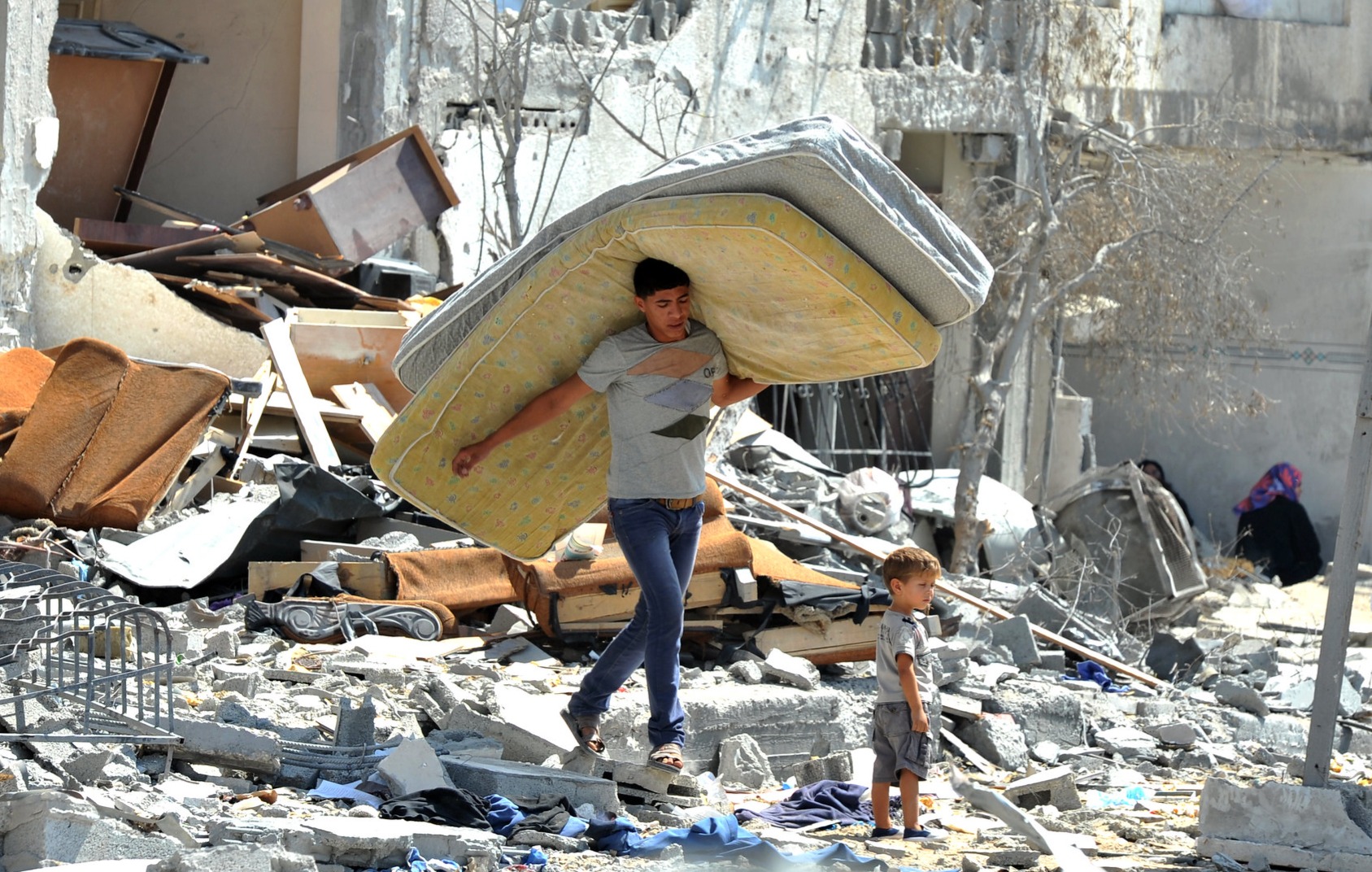The Eclipse of Compassion

Wars, brutality, and atrocities of every kind. They bring back a word that embodies the darkest side of our history: the dehumanization of the enemy - of the "other." But what does this really mean? If you ask Google, you'll find that the term refers to the "stripping of human life of all spirituality and moral sense, and therefore of all dignity." Delving deeper (a horrifying precedent being Nazism), it becomes clear that depriving the "target" of "human traits" is not simply an extreme reaction. Rather, it is part of a well-defined strategy, carefully planned to allow perpetrators to "proceed" and harm their victims without feeling any compassion. But is it an exaggeration to use the term dehumanization today? Each of us can ask ourselves: we have read about tens of thousands of Palestinian women and children exterminated by missiles in Gaza; we have seen on television Israeli hostages, emaciated, freed in ghostly ceremonies after months of captivity. Then there’s what we’re not shown: the horrors in the trenches of Ukraine or in other ferociously fought regions, like Congo or Sudan, in the tormented African continent. Where has our humanity gone in all these cases?
Some may argue that barbarity is the implicit reflection of the “murderous logic” of modern warfare, which no longer distinguishes between soldiers and civilians. But cruelty re-emerges in other contexts as well. One need only think of the mass graves found in Libya, containing the bodies of migrants abused and tortured by militias that exploit their dream of reaching Europe. Or we can cross the Atlantic to the United States. Here we enter a different dimension: the political use of deliberately brutal gestures. I’m referring to the photos released by the White House showing deported migrants in chains aboard military planes. The message of this media operation is clear: the campaign against “illegal presence” in the U.S. is also a war that Trump intends to wage by any means necessary. We’ve seen images of “deportees” sent to Guatemala and El Salvador. But almost no one has spoken about the fate of the first group of Indian migrants, who remained chained and handcuffed aboard an aircraft for a full 40 hours (as they flew over the Pacific), treated like dangerous criminals despite having committed no serious crime.
Are we okay with all of this? Still on Trump, what about his idea to build a "Middle East Riviera"—luxury hotels and restaurants in place of Gaza's ruins? A definitive response came from two Jewish Studies professors at the University of Paris: “It is vile to consider building a resort atop a cemetery,” they wrote—words that need no further comment.
Finally, consider the decision of the U.S. administration to effectively shut down the activities of the U.S. agency for international aid. A measure that has also jeopardized Catholic Church humanitarian volunteer initiatives. Remember the infamous “Agent Orange,” the chemical defoliant used by the Americans in the Vietnam War? It poisoned nearly 3 million people. In recent years, an agreement had been reached between the U.S. and Vietnam (now friendly nations) for joint clean-up efforts and victim support. Now, even that has come to a halt—an ironic and tragic stop to a real act of reconciliation.
So what is the antidote to this “eclipse of compassion” on the international stage? First, to imagine it as only a temporary darkening. Then, to revive fraternity, solidarity, and empathy—meaning the ability to make others’ pain our own.
Source: Il Messaggero di Sant'Antonio (April, 2025)

